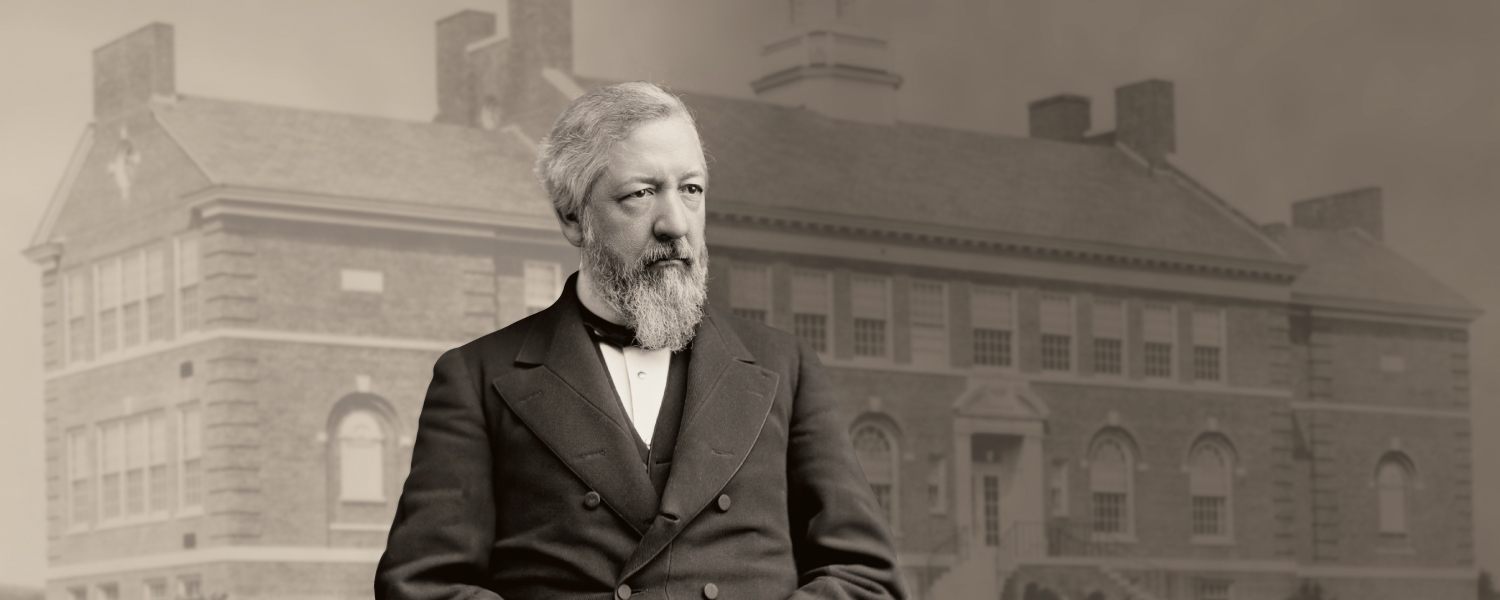Kerby Anderson
The Supreme Court recently heard oral arguments in a case that might eventually end the impact of the Blaine amendment. You might ask: What is the Blaine amendment?
It was a failed attempt to amend the US Constitution so that government aid could not be provided to schools with a religious affiliation. Even though it was never added to the Constitution, three-fourths of the states adopted similar provisions in their state constitutions. Originally, these were proposed to limit Catholic schools from receiving aid but have been used to bar any religious school from receiving aid.
The Montana legislature created a scholarship program funded through private donations and tax credits. With the help of the scholarship fund, Kendra Espinoza enrolled her children into a non-denominational Christian school. The problem was that Montana’s constitution prohibits public funds from being spent for “sectarian purposes.” Back in the 19th century, “sectarian” meant Catholic schools. Montana also applied that to any Christian school.
The argument before the high court was simple. The Montana ruling is unconstitutional under the First Amendment. You may remember that there was a similar Supreme Court ruling in the case of Trinity Lutheran v. Comer. The justices said that the Missouri ban on sectarian aid could not keep a Christian school from applying for a federal grant for playground resurfacing.
You would think that a similar ruling would come down concerning the impact of the Montana Blaine amendment. The problem is the scholarships at issue here no longer exist. They were tossed out by a state court. Therefore, the state of Montana can now argue that they aren’t discriminating since neither secular nor religious people are receiving money.
I hope the justices will ignore that technicality and rule against these pernicious Blaine amendments in state constitutions. That would strike a blow for religious liberty.
 Listen Online
Listen Online Watch Online
Watch Online Find a Station in Your Area
Find a Station in Your Area









 Listen Now
Listen Now Watch Online
Watch Online
